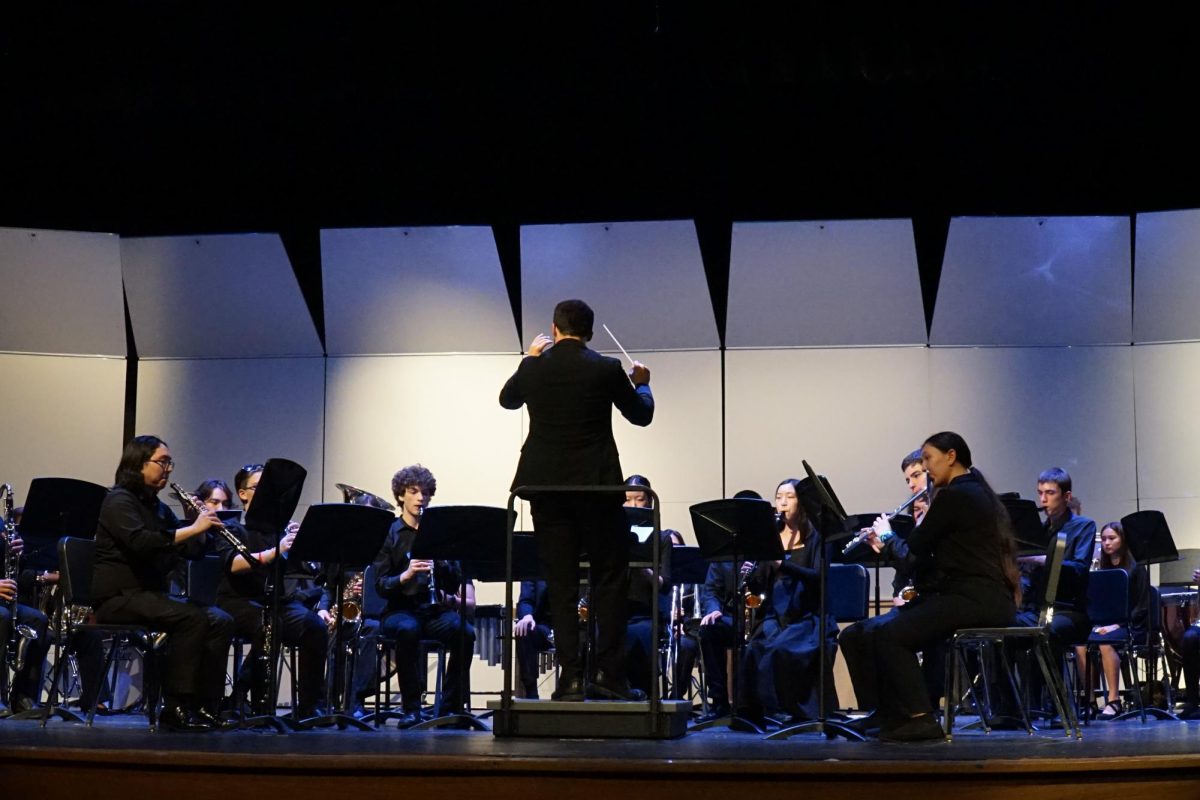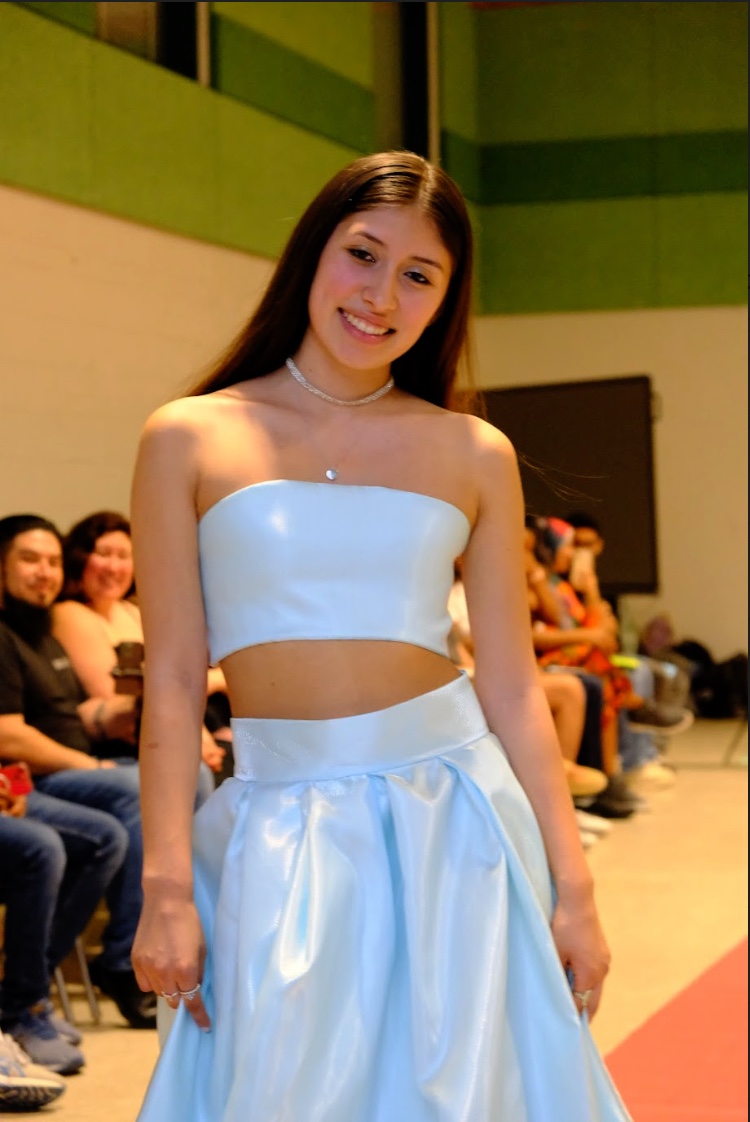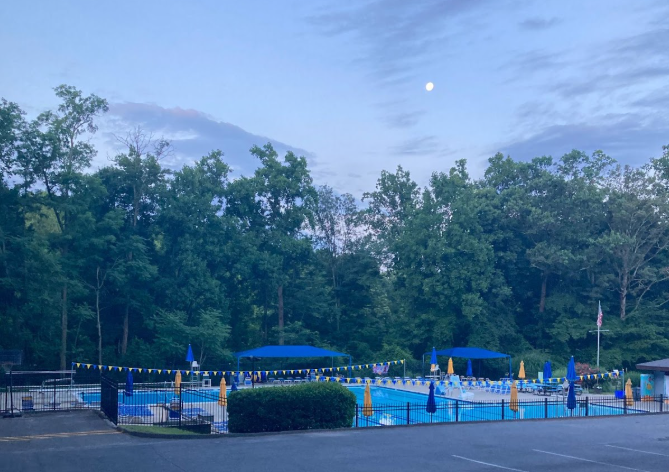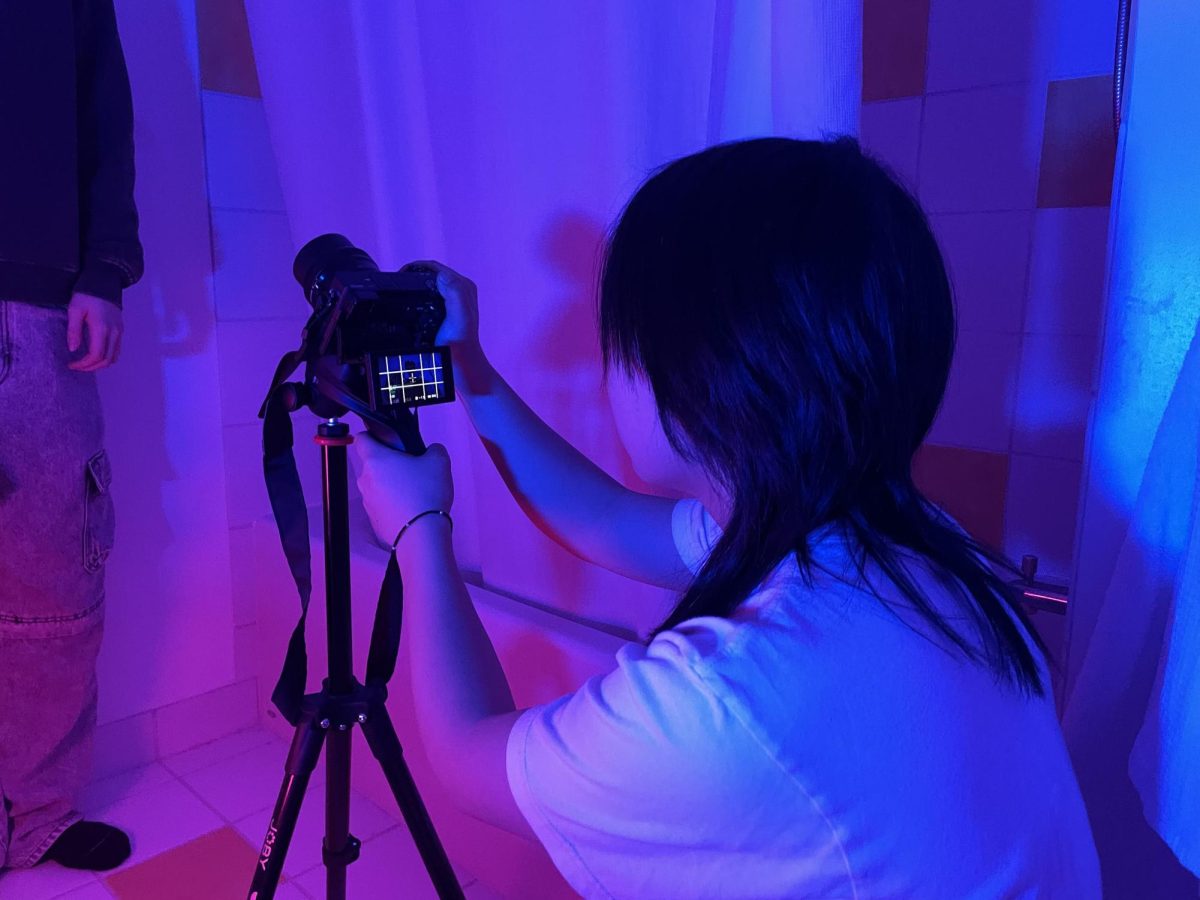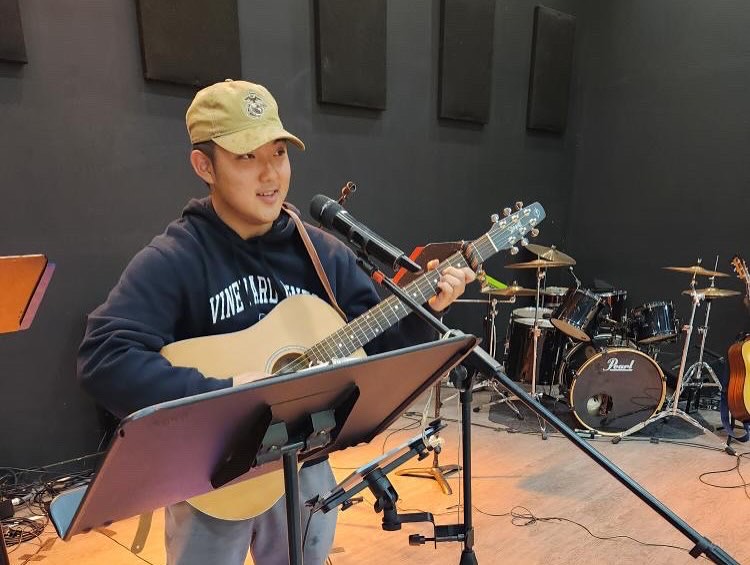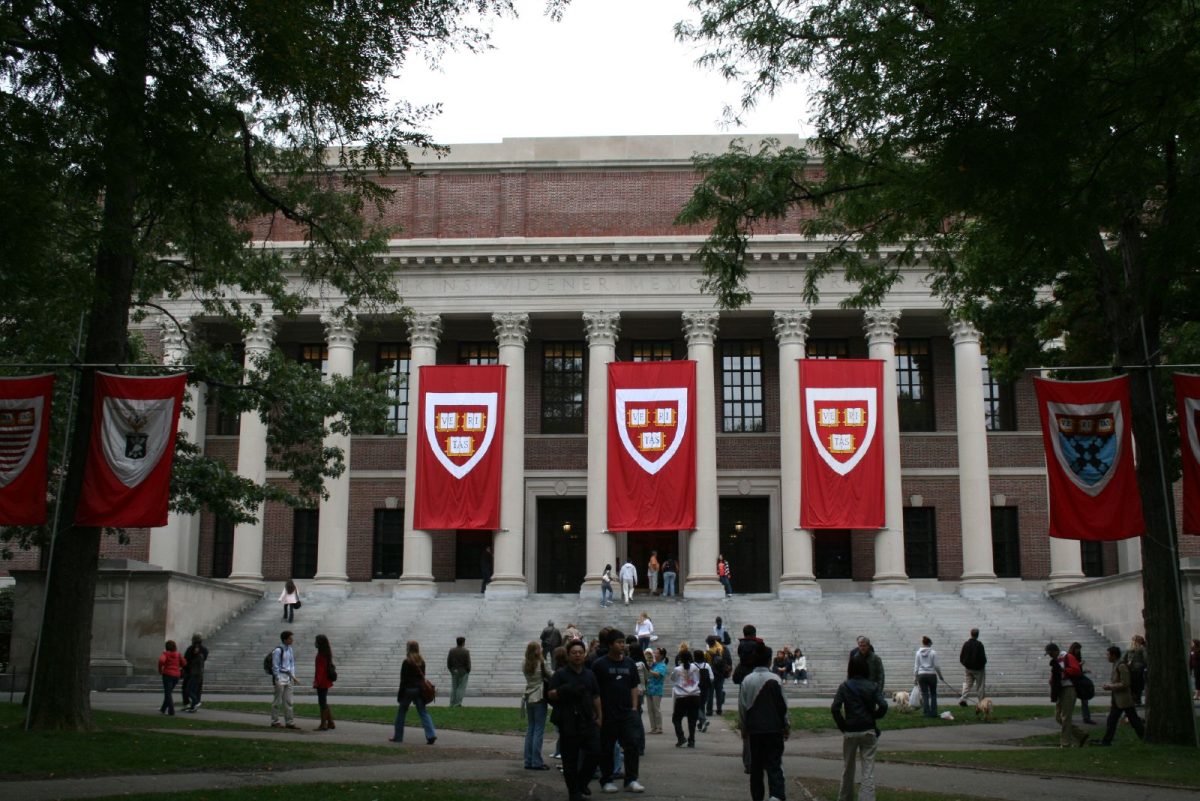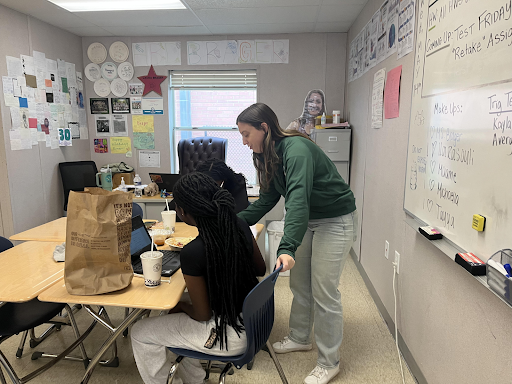When one thinks about education and school, subjects like visual arts, music, creative writing and theater tend to be deemed less important or practical for future success. However, arts education plays an essential role in a well-rounded academic experience, equipping students with knowledge and skills vital for any career path they may choose.
In classes such as painting, music, theater, dance, film and creative writing, students engage in processes that require creative thinking, experimentation and the free expression of ideas, which can be rare in core academic disciplines. Exploring imagination and nurturing creativity not only enriches one’s artistic pursuits, but also cultivates skills transferable to various aspects of life and careers. In an era where technology and Artificial Intelligence (AI) continue to excel in problem-solving and analytical tasks at a level surpassing people, creativity emerges as a uniquely human quality, essential for innovation and differentiation in a fast-evolving world.
Moreover, arts education exposes students to diverse perspectives and experiences. Through studying different forms of art and human expression from different time periods and regions, students can learn about and appreciate various cultures, traditions and historical contexts. This understanding fosters empathy, respect and cultural awareness for others, which are necessary qualities in an increasingly interconnected society.
Arts education can also lead to positive academic, social and emotional development. A 2019 research study conducted by the Brookings Institution on elementary and middle schools in Houston found that a significant increase in arts educational experiences led to positive effects in school engagement and enjoyment, college aspirations and compassion for others, measured by students’ interest in how other people feel and likeliness to want to help people who are treated badly.
No matter what career a student decides to take on in the future, the influence of arts education can touch people’s everyday lives, even in unexpected ways. For instance, in an article published by The Conversation, Dr. Irène Mathieu, a medical doctor, describes the transformative power of incorporating poetry in her workplace based on her experience. By sharing poems with her colleagues, she found that they could enjoy moments of solace and relaxation amidst the rigors of hospital life. The arts serve as a way for people to process their emotions and reflect, fostering connection, resilience and well-being.
Overall, the power of an arts education goes beyond simply developing artistic skills. It helps students foster creativity, empathy, cultural understanding and more imperative skills. As we look ahead to the future, the challenges we face will not solely be solved by technical expertise but also by the innovative thinking and compassionate understanding that arts education instills. By embracing and prioritizing arts education within our educational systems, we not only empower students to succeed in their chosen paths but also equip them with the tools to navigate an increasingly complex and interconnected world. As such, arts education enables every student to explore, create and thrive, both in their careers and in their lives beyond the classroom.



